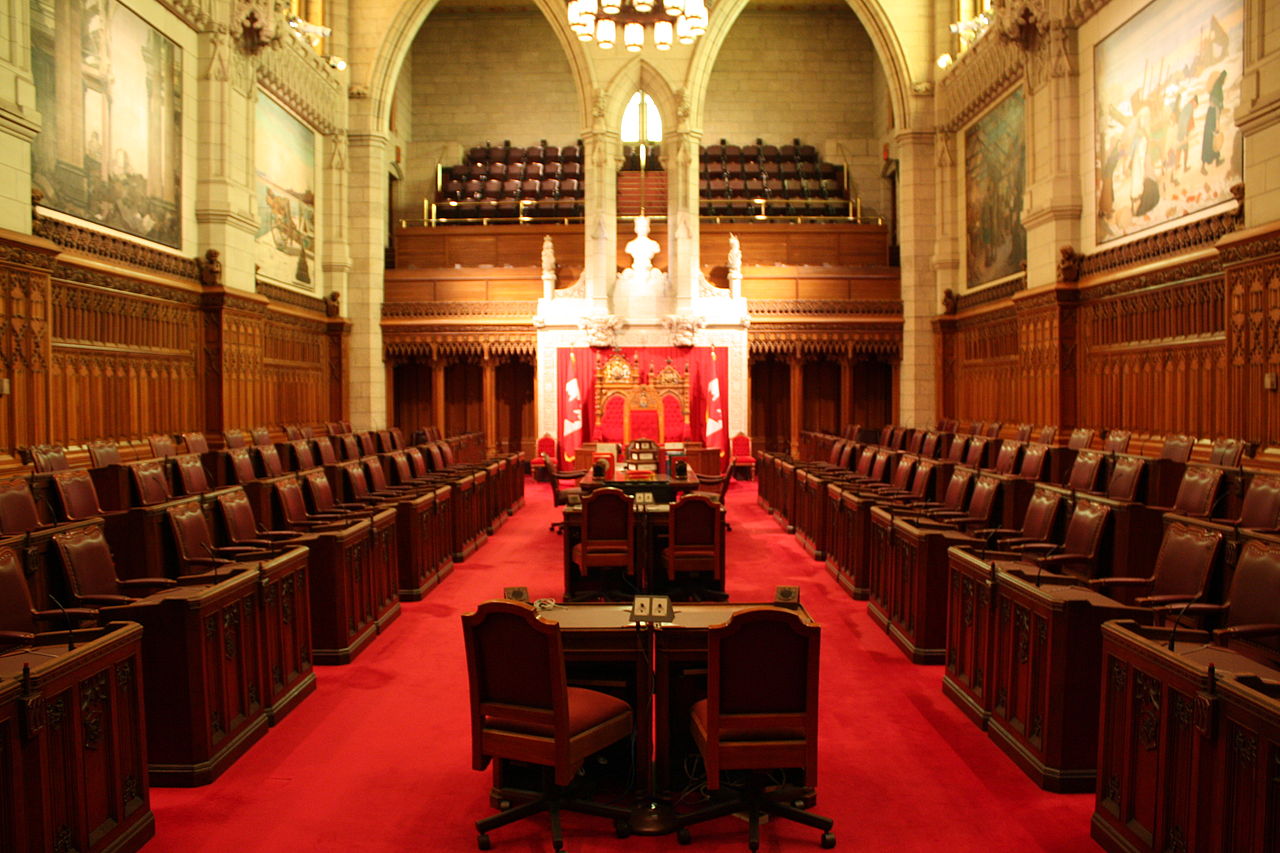The Senate expenses scandal may seem to be in abeyance. It no longer dominates question period in Parliament, leads the TV news or makes newspaper front pages on a daily basis. But the scandal is far from over; it is destined to bite the Conservative government again before the election in October next year.
This skeleton in the Tory closet was on display on the weekend when CBC-TV’s fifth estate program aired a documentary called The Rise and Fall of Mike Duffy. It brought back many questions.
Why did the Harper Conservatives decide to turn “Old Duff,” a popular and likeable television news host, into a Tory shill (one who soon developed a taste for $3,000 suits)? Why did the government tell Duffy it was okay to accept a Prince Edward Island Senate seat when he actually lived in Ottawa and had for decades? Why did Duffy claim $90,000 in expenses for living in his own home in Ottawa? Why did the Senate agree to let him claim them?
Why did the Prime Minister’s Office make such strenuous efforts to cover up the affair instead of letting Duffy dig his own way out of the mess? Why did it (up to the PM himself, allegedly) agree to allow the Conservative party to buy Duffy’s silence by paying his expense debt (then believed to be only $32,000)? Is it credible that Harper was not aware of what a number of others in the PMO clearly did know: that his chief of staff, Nigel Wright, had personally put up $90,000 in hush money in a failed attempt to make the scandal go away?
Why, when this came out and Wright resigned, did Harper initially express much regret and praise for Wright, only to turn around and declare that Wright was a scoundrel who had deceived him? Is it possible that someone, a lawyer maybe, advised the PM that if what Wright and Duffy had done was illegal (offering and accepting a bribe, perhaps), then Harper might be seen as an accomplice to the crime — an accusation that could end his political career if he did not quickly distance himself from the pair?
In monetary terms, the Senate scandal is relatively small potatoes. It cannot compete in dollars with the Liberals’ sponsorship scandal of a dozen years ago, or the more recent scandals in Ontario over Ornge ambulance or the costly relocation of hydro plants.
But the Senate affair matters for at least three reasons.
First, because the clumsy cover-up has left so many questions unanswered.
Second, because the Senate scandal, like the Airbus scandal of the Mulroney era, reaches into the highest office of the land where it raises grave issues of ethics, integrity and accountability.
Third, with so many investigators poking around (Senate-appointed auditors, the Auditor General of Canada, and the RCMP), the affair is bound to make news for many months to come. And if Nigel Wright, who has been silent to date, has an opportunity to tell his story, he has the potential to blow the cover off the cover-up.
There’s another issue, a very political one that is beyond the reach of the various investigations. It’s the way the government works these days. Retired Progressive Conservative Senator Lowell Murray, who served in Brian Mulroney’s cabinet and has had more experience inside the corridors of power than just about anyone else, was interviewed by Linden MacIntyre on that fifth estate program the other day. Murray (who is no fan of Stephen Harper) talked about the “instinct to control everything” at the centre, in the Prime Minister’s Office.
No matter how hard he may try, no prime minister can control everything in a modern government. Some things are bound to get away. Harper could have left the Senate expenses mess to the upper house and its members to deal with. But he had to try to control it, and it got away. A lesson learned?
Cambridge resident Geoffrey Stevens, an author and former Ottawa columnist and managing editor of the Globe and Mail, teaches political science at Wilfrid Laurier University and the University of Guelph. His column appears every Monday in the Kitchener Regional Record and Guelph Mercury. He welcomes comments at geoffstevens@sympatico.ca



